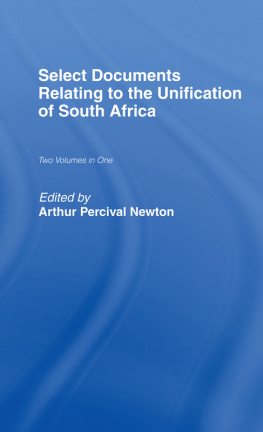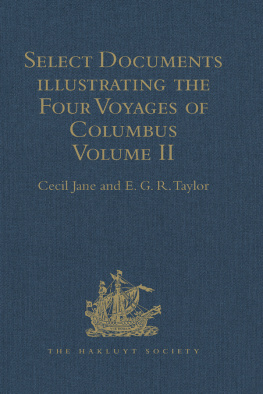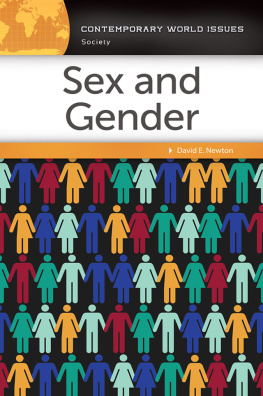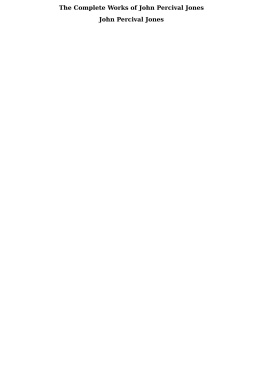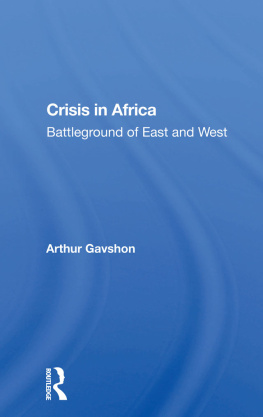ROUTLEDGE LIBRARY OF AFRICAN STUDIES
SOUTH AFRICAN STUDIES
No. 4
General Editors :
ANTHONY ATMORE
School of Oriental and African Studies
SHULA MARKS
Institute of Commonwealth Studies
STANLEY TRAPIDO
University of Durham
Select Documents
RELATING TO
THE UNIFICATION OF SOUTH AFRICA
Edited with an Introduction
by
Arthur Percival Newton
TWO VOLUMES IN ONE
Published by
Routledge
This edition published by Routledge
2 Park Square, Milton Park, Abingdon, Oxon, OX14 4RN
711 Third Avenue, New York, NY 10017
Routledge is an imprint of the Taylor & Francis Group, an informa business
Transferred to Digital Printing 2006
Originally published as number three in
the University of London Historical Series
First edition | 1924 |
New impression | 1968 |
This edition copyright 1968
ISBN: 978-0-714-61777-0 (hbk)
ISBN: 978-1-136-25340-9 (ebk)
Publishers Note
The publisher has gone to great lengths to ensure the quality
of this reprint but points out that some imperfections in
the original may be apparent
Preface.
T HE purpose of the present work is fully explained in the Introduction, and it is here only necessary to express regret that it has been impossible to make a more comprehensive selection from the voluminous mass of official material that is available to illustrate the process of South African consolidation. There is room for wide differences of opinion as to what to include and what to reject, and it is unlikely that any two persons would agree in every particular. My plea in justification of my choice is that the documents here printed seem to me to have a thread of connection and to do something to illumine an episode of the history of the British Empire that has as yet been too little studied in England. Many of the passages might easily be replaced by others of equal aptness, but certain of the principal documents must be printed entire, and these take up so much space that what remains is very difficult to fill. The many extracts from British Parliamentary Papers that are included in these volumes have been reprinted with the permission of the Controller of H.M. Stationery Office, to whom I desire to record my acknowledgments. The source of Each was written by an actor in the story and both are essential to its study. My thanks are due to two students of my seminar at the Institute of Historical Research, Miss Dora Howard, B.A., and Mr. W. C. Palmer, B.A., who have assisted me in the transcription of documents.
A RTHUR P ERCIVAL N EWTON .
U NIVERSITY OF L ONDON ,
K ING S C OLLEGE ,
February, 1924.
Brand, R. H., The Union of South Africa. Oxford, 1909.
Walton, Edgar, The Inner History of the South African Convention. Capetown, 1912.
Introduction.
H ISTORY is concerned with the recording of human activities, and in its most rudimentary form it is the affair of the annalist or chronicler who does little more than set down an account of events in the order of their occurrence. His choice between the multitude of happenings is guided by his estimate of their comparative interest, and he makes little or no attempt to gauge their significance or trace their connection. He records successively without change of scale the devastation of a province, the appearance of a comet, the birth of a monster and some atrocious crime, and all seem of equal importance in his pages. Narratives showing little more discrimination sometimes lay claim to be history even at the present day, but they should rather be classed with the work of those modern chroniclers who record the events of the day just as they think they will be of immediate interest to their readers. The real work of the historian is radically different. It is concerned not with the mere sequence of events but with a theme, some definite tracing of cause and effect. It relates to ideas rather than to mere facts, for though facts are essential and the ensuring of their accuracy ought to be one of the closest pre-occupations of the historian, only those facts concern him that shape themselves round his idea or chain of ideas. His purpose may be infinitely variousto elucidate the growth of a community or an institution, to glorify a nation or a Church, to justify or castigate the doings of a party, or to investigate the influence of some great concept of human relationswhatever it may be, the historian will see in it some evolutionary process and his idea will dominate the arrangement of his facts. He approaches the heterogeneous mass of information that is available for his chosen period with the definite aim of sifting out relevant facts, and he therefore must engage simultaneously in three closely related actionsthe search for promising material, the selection from it of the facts required, and, most difficult of all, the correlation of those facts and their linking together as parts of a single process. The essential faculty for all these actions is imagination, orto use a word less capable of misunderstanding,insight, and the disciplining and encouragement of this faculty are perhaps the most important parts of the training of a historical student.
A large part of the historical curriculum must necessarily be concerned with the imparting of information, that is to say, with the results of the labours of past historians. Before he can profitably proceed further, the pupil must be equipped with some knowledge of the broad outlines of political development, the course of great events and the general lines of historical thinking. But at some point of the course it is well to cease the inpouring of other mens ideas, to sink the pupil in the student and turn him loose into the wilderness of irrelevance that provides the stuff out of which history must be extracted. Let the student try his prentice hand upon this raw material, the documents that have come down to us from the past; let him essay the historians task and endeavour to digest some history of his own finding, instead of continuing to devote his whole attention to the absorption of history ready digested by others. To some teachers the ideal way of carrying this plan into effect has appeared to be to require from undergraduates as a qualification for the degree some evidence of actual historical research; but to others the time at a students disposal among his many other tasks seems to be insufficient to make this really practicable, and a compromise is adopted. Training in the search for original historical material is left to the post-graduate stage, and the students task is simplified by directing his investigation to one of a limited number of Special Subjects for each of which a nucleus collection of historical material is provided. The documents on which he is to work must be readily accessible, and, since they must necessarily be limited in bulk, they must have undergone some preliminary selection and separation from the mass of writings that are available. If the selection has been suitably made, what is placed before the student will be a fair sample of the various types of documents that are likely to be met with in a fuller exploration of his chosen field, and in their study, though he will not really be engaged in original historical work, he will be learning the use of the historians tools in much the same way that a recruit first learns his trade of soldiering, not in a real campaign, but in autumn manoeuvres.


